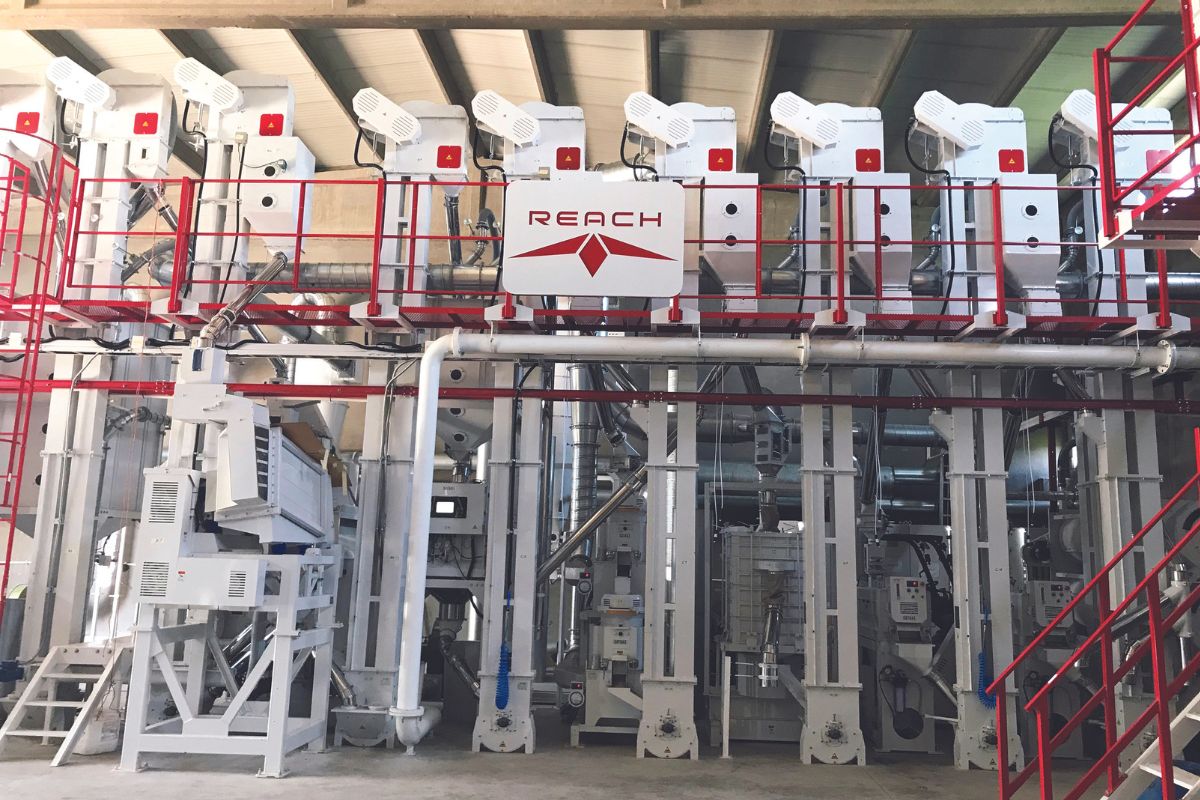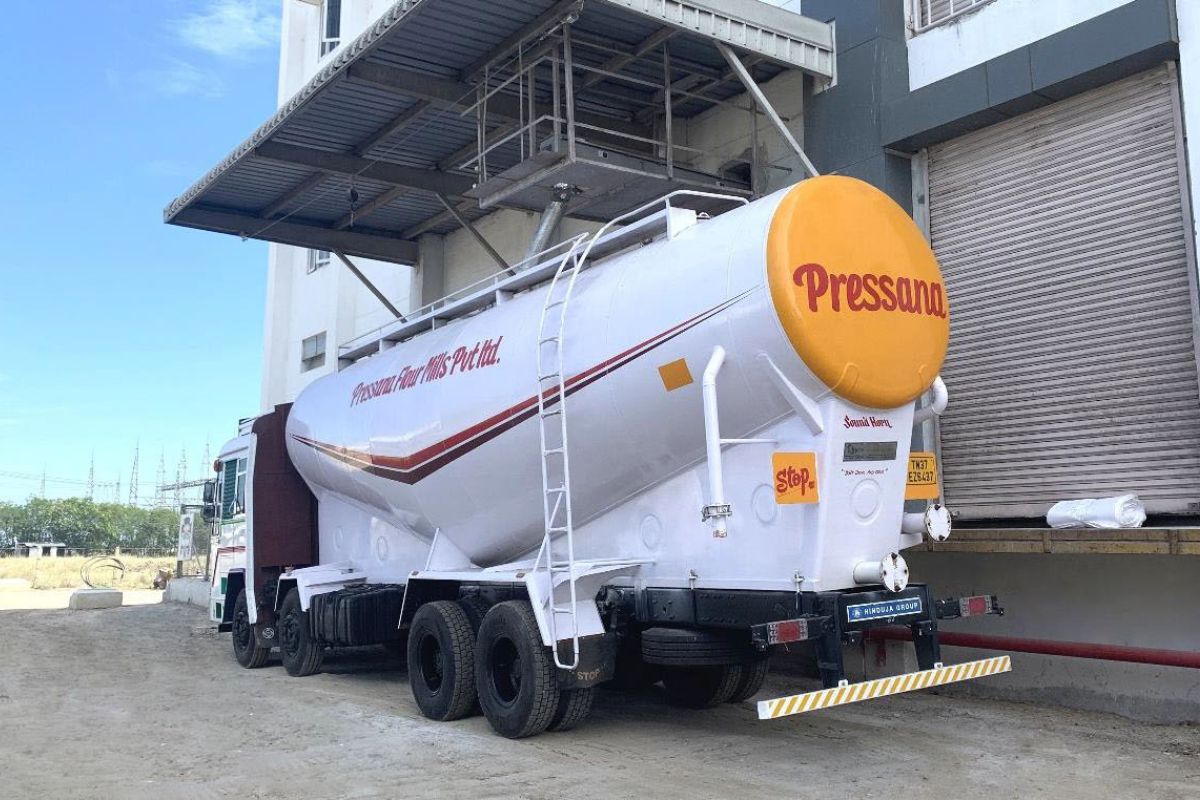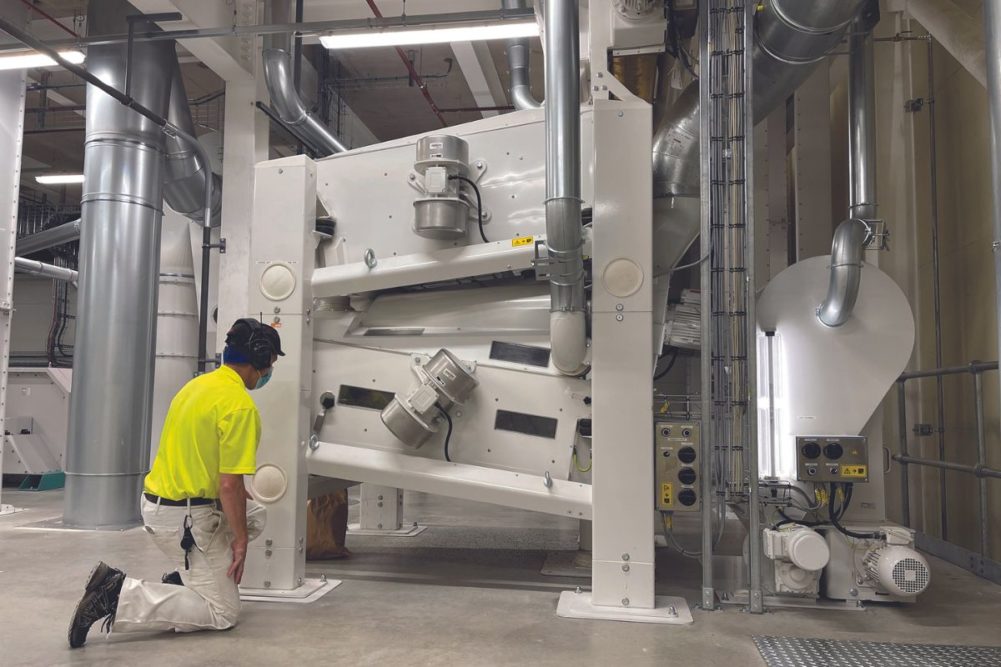KANSAS CITY, MISSOURI, US — Economic challenges and lingering impacts from the COVID-19 pandemic have slowed demand for products and services compared to previous years, as companies focus on overcoming the highly volatile times.
Increasing energy costs, rising commodity prices, supply chain uncertainty and rampant inflation are just some of the challenges. As a result, more milling companies are opting for renovation of existing facilities, rather than building new, according to suppliers who participated in World Grain’s annual survey of the international milling industry’s equipment and service providers.
Energy costs and increasing price competition are putting a strong focus on efficiency in equipment and more process automation.
COVID-19 is continuing to cause supply chain disruptions that are being felt by all players. Companies are doing their best to adapt to the volatile, uncertain, complex and ambiguous (VUCA) world. This requires more frequent communication with suppliers and partners and closer collaboration.
Wright adds new flour mill
In order to future-proof the business and production processes, G.R. Wright and Sons Ltd. wanted to expand production with a new facility.
The company, whose flour milling roots date back more than 150 years, considered an expansion at its specialist flour mill in Ponders End, England. But because of protected and listed buildings as well as other challenges, the company opted for a greenfield site in Harlow, north of its home base. The 450-tpd mill opened in 2021 and is showing a yield of 78.7%.
The site was designed so there is space for every element to be duplicated, from the mill to more storage. Right now, the mill has 6,000 tonnes of storage capacity and about 1,200 tonnes of final flour storage.
Bühler, based in Uzwil, Switzerland, signed a contract to supply the milling plant in 2016 and handed the mill over in May 2021. The company supplied the latest process equipment, Mercury MES plant automation and digital services running on Bühler Insights.
Through the automated wheat intake process, 200 tph can be received, taking just eight minutes to tip a 29-tonne load of wheat. Everything is operated automatically using bar codes, which open doors and start delivery routes to the raw wheat silos.
From the raw material wheat bins, the wheat is cleaned again in the screen room. Cleaning is carried out on the Bühler Vitaris Combicleaner. Water is added using Bühler MOZL intensive dampening equipment while Bühler scourers and aspirators remove the dust from the crease before entering a holding bin. In the bin, the wheat is weighed before going into first break.
The mill uses all top-of-the-line Bühler equipment, including Antares roller mills MDDR, Polaris purifiers MQRG and Sirius sifters MPAK that together process the wheat into high quality, consistent flour.
Once milled, the flour moves past an online Bühler NIR multi online analyzer MYRG, which monitors in real time during milling, continuously evaluating protein, moisture, water absorption and bran specks.
Unique features of the mill include the ability for “lights out” full automated milling operation. Bühler Insights provides detailed downtime analysis, operational efficiency and yield management. It aggregates all the production data into the Bühler cloud so that it can be used to drive up efficiencies.
The control screen can go to replay mode so operators can go through the process from startup of any run to check where and why a problem might have occurred.
The facility mainly sources wheat locally and makes products ranging from various flour types to bread-cake and specialty mixes for the domestic market.
Wright and Sons also operates a purpose-built blending and packing facility in Delta Park, Enfield, for the manufacture of specialist mixes that opened in 2014.
Expanding into rice milling
Kipaş Holding Turkey has taken its first step into rice processing with a mill in Kahramanmaraş, close to Gaziantep airport, in Turkey. Founded in 1984, the company is involved in various sectors, including textiles, cement, paper and more.
 Satake supplied a turnkey 3-tph REACH rice mill to Kipas Holding Turkey. Photo courtesy of Satake Europe.
Satake supplied a turnkey 3-tph REACH rice mill to Kipas Holding Turkey. Photo courtesy of Satake Europe.
Satake supplied a turnkey 3-tph REACH rice mill to Kipas Holding Turkey.
Satake Corp., through its European division and local distributor Depart, completed the installation and commissioning of the turnkey REACH 3 rice mill for Kipaş. The mill includes six sections: receiving and cleaning, husking, milling and polishing, grading and blending, optical sorting and packing.
The paddy is cleaned over a Satake milling separator, aspirator and destoner before passing to the paddy husker, aspirator and paddy separator. The gentle milling system of multiple whiteners and polishers ensures a high yield of head rice. The rice is then graded before passing through the Satake RGBR full color optical sorter and then onto the packing system. Installation on site was supervised by Satake mechanical and electrical engineers.
The Satake REACH system offers customers a customizable package that is delivered in modular sections, including the steel structure/platforms, ducting, spouting and cables, this approach greatly reduces project planning and construction time and costs. The efficient installation and design ensures the mill provides an immediate high return on investment, producing the same quality of rice as a conventional large plant.
Indian mill expansion
After completing its first flour milling project with Istanbul, Turkey-based Alapala in 2018, Pressana Group chose the company again for an expansion of its mill in Coimbatore, India. The additional 150-tpd line started operation in December 2021.
The scope of project included the installation of a new milling line in the existing mill building. The flour mill diagram is designed for processing Indian wheat to produce maida, atta, and sooji flours for domestic market.
 Alapala completed a 150-tpd expansion for the Pressana Group in India. Photo courtesy of Alapala.
Alapala completed a 150-tpd expansion for the Pressana Group in India. Photo courtesy of Alapala.Alapala provided the project design, process engineering, manufacturing, project management, installation, commissioning and training services.
The flour mill is being managed with an advanced automation system that allows centralized monitoring of the entire milling process from wheat intake to the packaging.
As well as high traceability, the system provides detailed reporting on production data, yield, energy efficiency and more. The remote connection feature of the automation system also enables the Alapala after-sales team to access the mill any time for technical assistance, including inspection, error diagnosis, calibration and troubleshooting.
In addition to flour milling, the Pressana Group is active in the automotive, poultry and agro trading industries.
Osho Grain Millers Ltd builds maize mill
Osho Grain Millers Ltd wanted to increase production of maize (corn) flour while also having the flexibility to produce other products. The company opted to build a new 200-tpd mill in Ruiru, Kenya, with processing equipment supplied by Ocrim, based in Cremona, Italy.
The mill is 390 square meters and has four floors plus the ground floor. The milling equipment is in a self-supporting metal structure inside a warehouse. Grain storage capacity is 4,000 tonnes.
 Osho Grain Millers Ltd. recently completed a maize mill in Kenya, supplied by Ocrim. Photo courtesy of Ocrim.
Osho Grain Millers Ltd. recently completed a maize mill in Kenya, supplied by Ocrim. Photo courtesy of Ocrim.The facility, which sources most of its corn locally, is designed to produce maize flour for ugali, a staple meal popular in Kenya. It can also produce corn grits that can be used by breweries and in the production of snacks.
Byproducts include animal meal, a product rich in fibers and fats, and corn germ, which can be integrated into the animal meal or used as a standalone product for the extraction of edible oil.
Ocrim supplied the mill’s cleaning section that includes a control scale, grain separator, classifying aspirator and destoner. Capacity is 10 tph. The degermination and classifying section has a capacity of 8.3 tph and includes dry impact degerminators and densimetric tables.
Within the milling section, Ocrim supplied the roller mills and plansifters.
Corn first enters the cleaning section, coarse/fine, where light impurities and stones are removed. After a brief tempering, the corn is processed through impact degerminators type DGF that gently break the maize kernels, separating the germ from the vitreous part.
After the degerminators, the product is then classified by size through the sifter in different size of grits and germ. Through the gravity tables, the germ is then separated by density from the grits.
In the milling section, the degermed grits are reduced to the required granulation for their specific use.
The plant is fully automated with a dedicated control system to monitor, in real time, the status of each section, from storage to packing. Alarm systems are in place on each piece of equipment. All the systems are managed through a PLC centralized computer.






